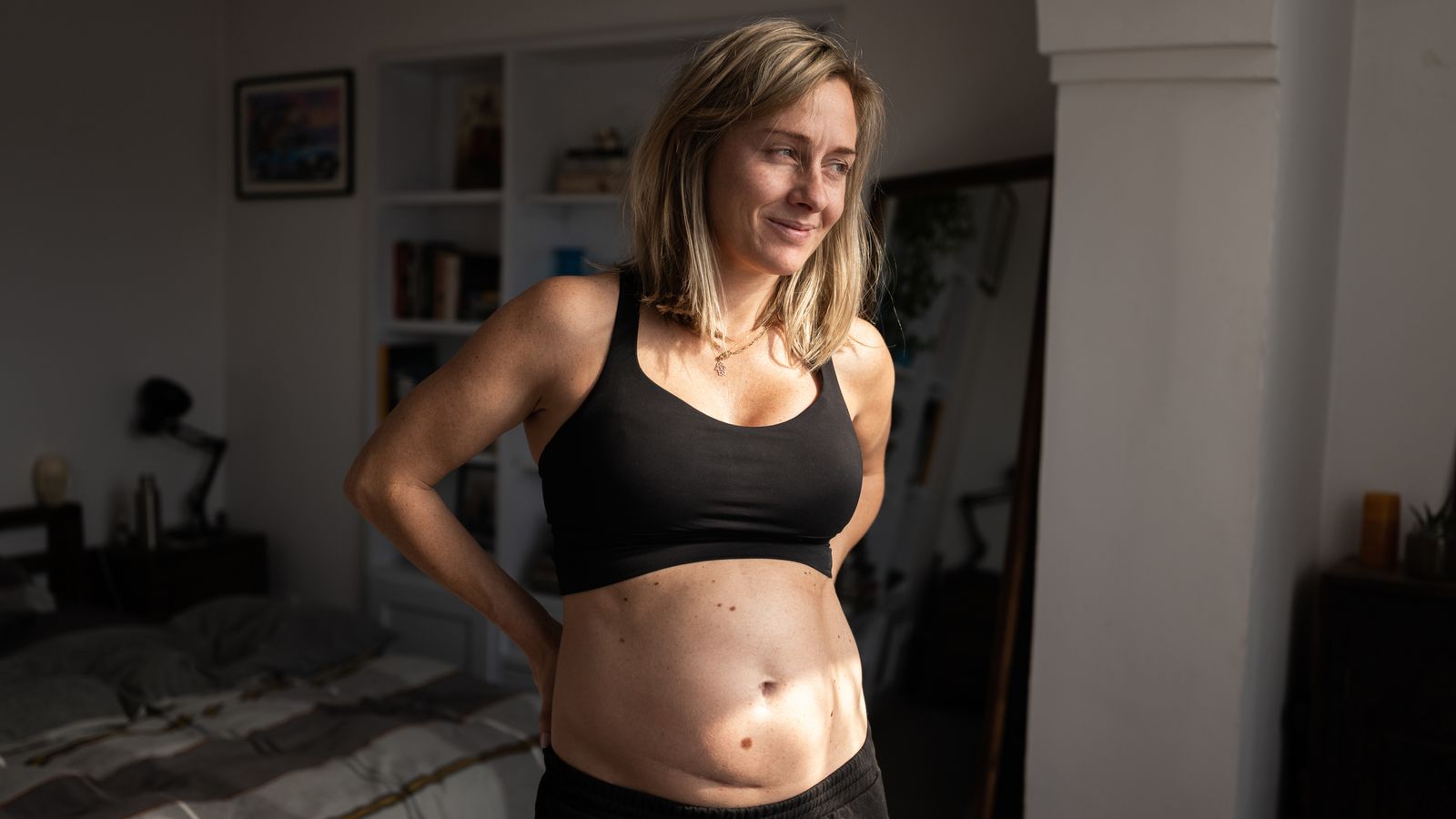A pregnant New Zealand journalist has said she had to turn to the Taliban for help after being locked out of her home country due to its strict coronavirus rules.
Charlotte Bellis, who worked for Al Jazeera, said it was “brutally ironic” that she had once questioned the Taliban about their treatment of women and girls and was now asking the same question of her own government.
“When the Taliban offers you – a pregnant, unmarried woman – safe haven, you know your situation is messed up,” she wrote in the New Zealand Herald.
A post shared by Charlotte Bellis (@charlottebellis)
New Zealand has imposed some of the strictest lockdowns in the world, shutting its borders and reporting just 52 virus deaths among its five million population.
The country requires returning citizens to spend 10 days in military-run quarantine hotels. Stories of citizens stranded abroad in dire circumstances have caused embarrassment for Prime Minister Jacinda Arden.
Ms Bellis said her “miracle” daughter was conceived a week after she attended the Taliban’s first press conference since they took power.
For years she had been told by doctors she could not have children, then “during the fall of Kabul, a miracle”.
Afghanistan crisis: UK pledges to release more aid after grave warning a million children could die
‘One million children will die’: UK urged to release unspent Afghanistan aid
Afghanistan: Parents sell children and kidneys to feed starving families
She realised she was pregnant with her partner, freelance photographer Jim Huylebroek, a contributor to The New York Times, days after returning to Qatar – where it is illegal to be pregnant and unmarried.
It was here that she was told by a doctor in Qatar: “I can’t treat you and I can only say you need to get married or get out of the country as soon as possible.”
Ms Bellis repeatedly tried to get back into New Zealand, waking up at 3am daily to try the country’s lottery-style system, but without success.
She resigned from Al Jazeera in November and the couple moved to Mr Huylebroek’s native Belgium, but she was only to stay a matter of months because she was not a resident.
The only other place the couple had visas to live was Afghanistan.
She wrote: “I organised a meeting with senior Taliban contacts, “you know how I am dating Jim from The New York Times, but we’re not married, right?”
“Yes, yes we respect you both and you are foreigners, that is up to you. I nervously continued. “Well, I am pregnant and I can’t get back into New Zealand. If I come to Kabul, will we have a problem?”
“One translated for the other and they smiled.”
They then told her: “Just tell people you’re married and if it escalates, call us. Don’t worry. Everything will be fine.”
She claims she sent 59 documents to New Zealand authorities requesting an emergency return, but her application was rejected.
Chris Bunny, the joint head of New Zealand’s Managed Isolation and Quarantine system, told the Herald that Ms Bellis’s emergency application did not fit a requirement that she travel within 14 days.
He said staff had reached out to her about making another application that would fit the requirements.
However, Ms Bellis said on Twitter: “Our rejection email states even if we apply within 14 days, we have no evidence that we need time-critical treatment.”
As she awaits a final decision on whether or not she can return, being pregnant in Afghanistan “can be a death sentence”.
Follow the Daily podcast on Apple Podcasts, Google Podcasts, Spotify, Spreaker
Ms Bellis said she had wanted to leave by 30 weeks for fear of her daughter coming early, “in which case the treatment would likely be a warm blanket and a prayer.”
New Zealand’s COVID-19 Response Minister Chris Hipkins told the Herald his office had asked officials to check whether they followed the proper procedures in Bellis’s case, “which appeared at first sight to warrant further explanation.”






















